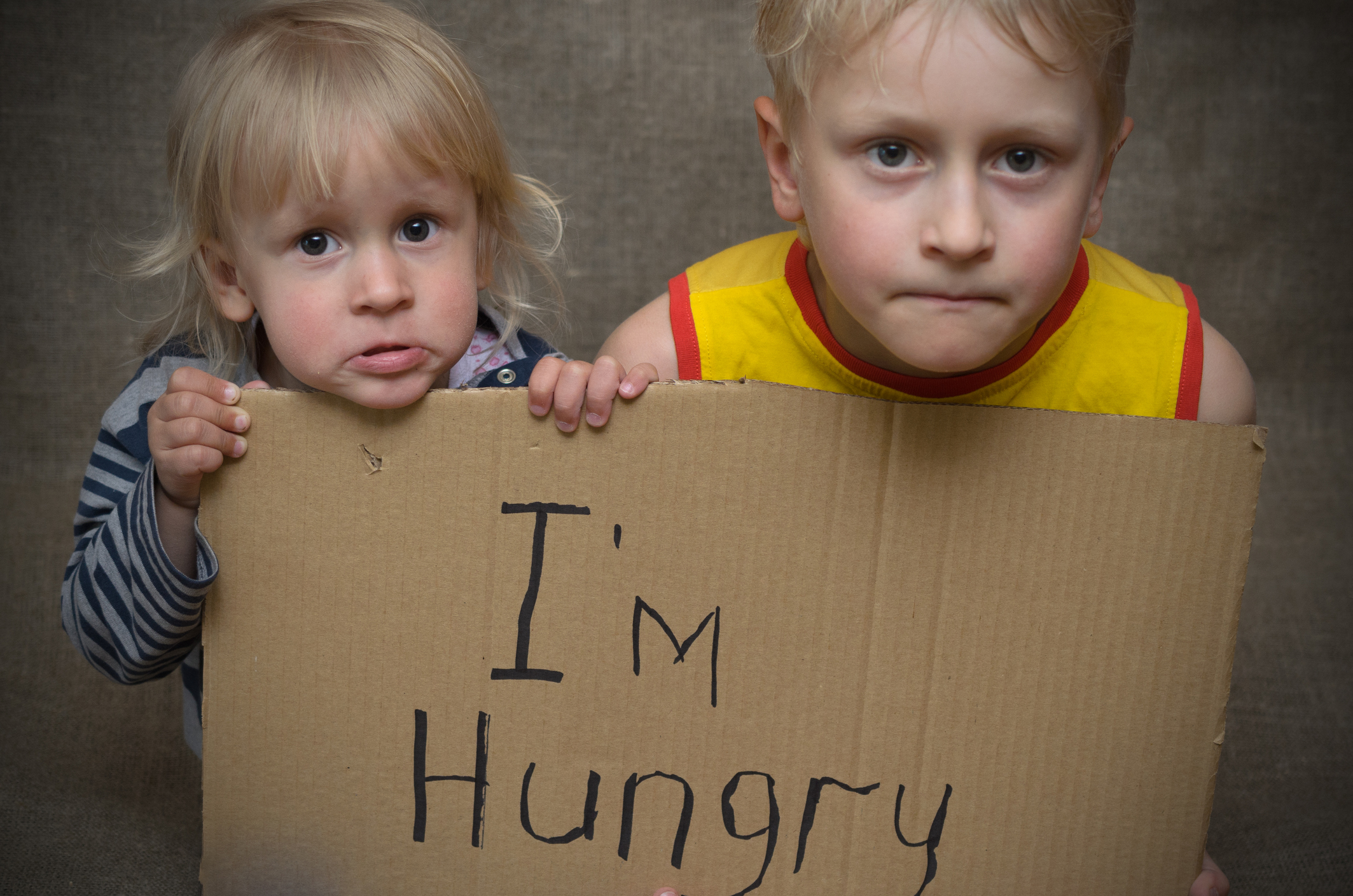Fighting child poverty: the role of EU funding

In the EU, child poverty has increasingly been understood as a context-specific, multidimensional phenomenon, including not only a lack of money and assets, but also other forms of deprivation connected to children’s holistic development, that affect their lives.
Children have the right to an adequate standard of living, and to be free from deprivations across crucial aspects of their lives including their health, education, nutrition, care and protection. At European level there is a broad and clear consensus that action is needed to address child poverty and to promote children’s well-being.
In this regard, the use of European funding (ESF, ERDF, EAFRD and FEAD) to address child poverty is considered important, as the stronger commitment to the Cohesion Policy for inclusive growth and the fight against social exclusion represents one of the major changes in the strategic approach adopted during the 2014-2020 programming period.
The study carried out by the European Parliament, provides a list of recommendations on how to better address child poverty in the post-2020 EU funding period.
